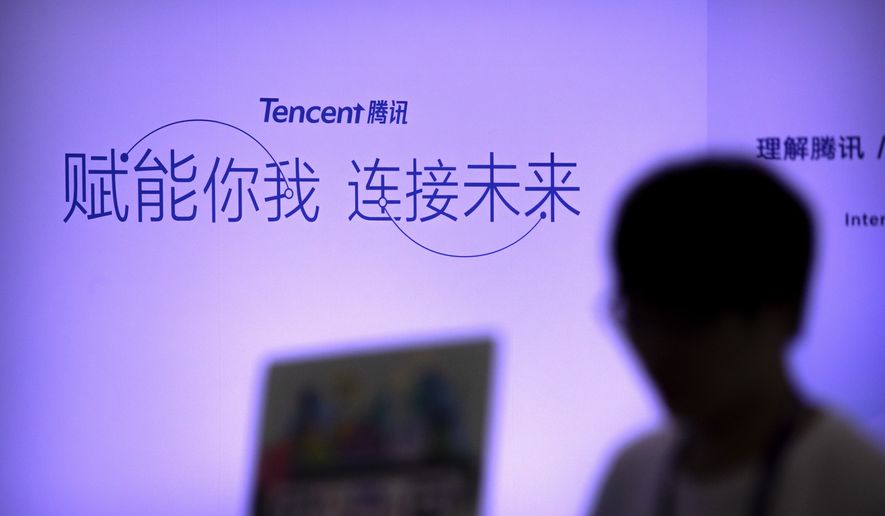The agency that oversees U.S. government broadcasting outlets says it is putting new life into efforts to penetrate internet firewalls in closed nations such as China.
Michael Pack, chief executive officer of the U.S. Agency for Global Media, said operations of the Office of Internet Freedom were effectively put on hold under previous leaders of the government broadcaster agency.
“Unlike prior USAGM leadership, which sidelined OIF, I consider bolstering internet firewall circumvention to be a top priority,” Mr. Pack said in a statement. “Blocking access to information is a horrible thing. But fostering access to information, especially in this advanced capacity, will prove a blow for liberty.”
Mr. Pack said the agency will now be funding a range of internet firewall breakthrough tools.
“Bringing back OIF will further allow our agency to make significant strides in this area,” he said.
The internet office was set up in 2016 in response to efforts by authoritarian states like China, Iran and others to control internet access. Beijing operates some of the world’s most tightly controlled internet blocking operations, using what has been dubbed the “Great Firewall of China” to screen news and information domestically.
Iran and Russia also are engaged in aggressive internet censorship, U.S. officials say.
The USAGM said there is an urgent need to develop technologies that will allow web users to access and share information online securely, including testing, deployment and management of tools that allow people to circumvent internet filtering and censorship programs.
The agency is in charge of the $800 million annual budget for official U.S. government radio broadcasters, including Voice of America, Radio Free Asia, Radio Free Europe/Radio Liberty and several other stations. The broadcasting system has come under fire from the Trump White House in recent years, which has charged the agency was not fully using its information resources to explain U.S. policies and values.
A White House newsletter singled out the Voice of America, accusing the radio of appearing more interested in supporting U.S. adversaries than promoting U.S. policies.
Mr. Pack fired all radio directors since taking over the USAGM in June.
The agency said in a statement that it has awarded several contracts for the anti-censorship technology drive. They include Psiphon and ACI that use anti-censorship tools such as virtual private networks, or VPNs. More contracts are planned.
“Our agency is determined to expand freedom of expression by continuing to explore, develop, and fund the most secure and effective internet freedom tools,” Mr. Pack said. “To that end, USAGM has backed technologies that will embolden journalists, activists, and other citizens fighting for liberty around the world by allowing them to evade censorship and surveillance.”
Chinese officials on Tuesday hit back at another U.S. government offensive against its tech sector, strongly condemning new sanctions announced Monday on tech giant Huawei, the world’s leading smartphone manufacturer. U.S. officials have long charged the private firm of being a security risk given its ties to China’s military and intelligence services.
The United States is “violating international trade rules, and undermining the global industrial chain, supply chain, and value chain,” Foreign Ministry spokesman Zhao Lijian told reporters in Beijing on Tuesday.
China will “take necessary measures to safeguard the legitimate rights and interests of Chinese companies,” Mr. Zhao said, although no official measures were announced.
• Bill Gertz can be reached at bgertz@washingtontimes.com.




Please read our comment policy before commenting.